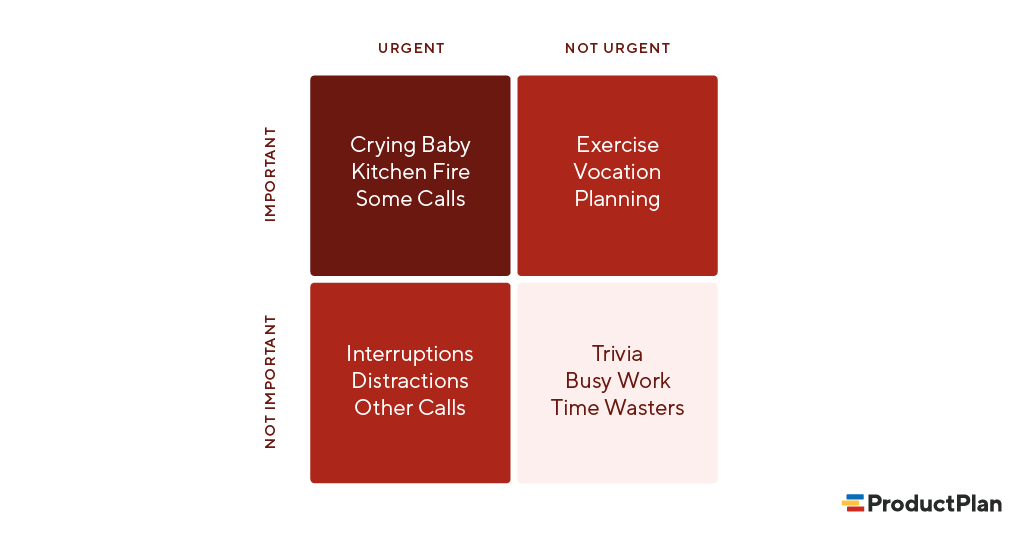Thanksgiving season brings the pumpkin lattes and resignations
I don't know what's in the air this past week, but my mentees were asking me about internal transfers and changing teams. Changing teams internally requires a smaller, less painful interview process...

"Hi Cat!! Happy turkey day! Super grateful for you. You made such a positive impact in my life both professionally and personally. you a real one"
Little notes like these make the effort of writing a weekly newsletter worthwhile 😄. It was nice to disconnect from work for Thanksgiving break (Wed-Fri). My long time friend Mai came to visit from Chicago, it was great to catch up on life. Every Thanksgiving, I go over to my cousin's house in Brooklyn for a 35 people gathering. I wore my fat pants 👖.
I don't know what's in the air this past week, but my mentees were asking me about internal transfers and changing teams. Changing teams internally requires a smaller, less painful interview process. It usually involves a 45 minute portfolio presentation with the respecting team.
Most of these conversations ends up with me providing theoretical advice about mental model of decision making. Since I need to repeat myself quite often, I figured why not write it in this week's post.
How do you assess the system and decision matrix?
Maybe you don't have one. What you do is stumble around following a path based on momentum or use instincts from prior experience and memorized advice? While this is better than momentum, it's still not great.
Let's cut to the chase. When you improve the business, you make more money. Are you fixing the cog in a machine, or the machine itself? When you optimize the machine, you typically get more ROI. This is about asking questions that are a level higher than your current problem statement.
Example 1: Why toil away as a corporate slave when you can move to a cheap city and live more modestly? You can use spare time to do something you enjoy.
Example 2: Why work tirelessly to get a raise, when you can quit the job and rejoin at a higher level?
What are the existing inputs? (Time, Knowledge, Motivation). Are you hitting your maximum potential for any portion of these elements?
"I want to find a new team because I'm sick of tired of numerous teams asking about user personas"
"Well, have you thought about how you can multiply yourself across all these teams? Imagine you got run over by a bus tomorrow, can these teams operate without you there? If you can hand them one thing, what's the thing you can make?"
😮 First principles describe your ability to forget about all constraints, rethink from the ground up, and take nothing but proven as a given.
Decision Making Guide
Silence your instincts and avoid gut reactions and use data to help you make the decision. It comes down to prioritizing best path forward, and allocation of effort. Have you ever worked with anybody that takes forever to decide and make a decision, almost analysis paralysis?
If the decision is for long-term, ask yourself would you regret this when you die?
If the decision is for medium term, clarify all the inputs needed and what 20% will produce 80% results? Who should you spend time with, what skills to study?
If the decision is short term, what impact will this make, how confident are you to succeed, and how low resources/time are needed to pursue it? A lot of people's first instinct is to ask "what obstacles are there and how hard is it to overcome those?" for example, the problems I end up fighting are cultural and typically don't end well with only 1 UX person 😸.
If the decision is imminent, Eisenhower matrix. Axis: Important vs Urgent

Important & Urgent: Do Now
Important & Not Urgent: ReSchedule
Not Important & Urgent: Delegate
Not Important & Not Urgent: Cancel
Hopefully this helps clarify both assessment of systems and decision making mental model.





